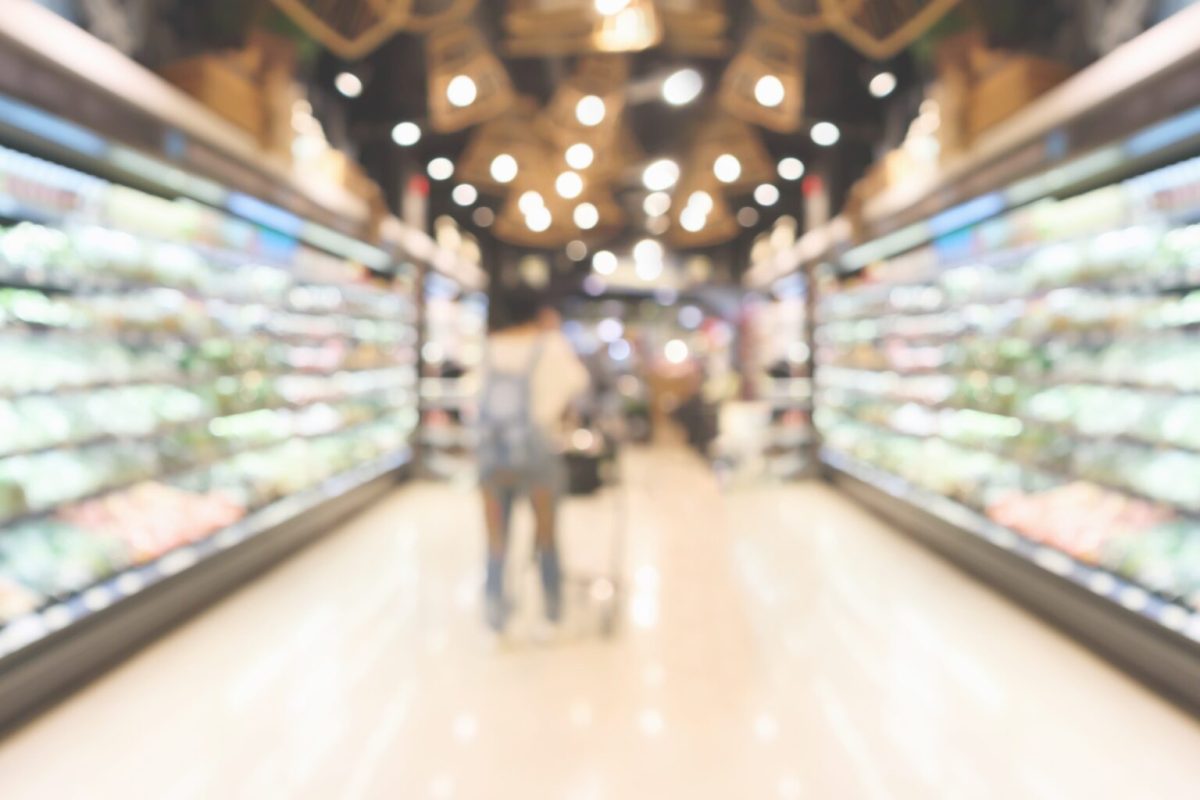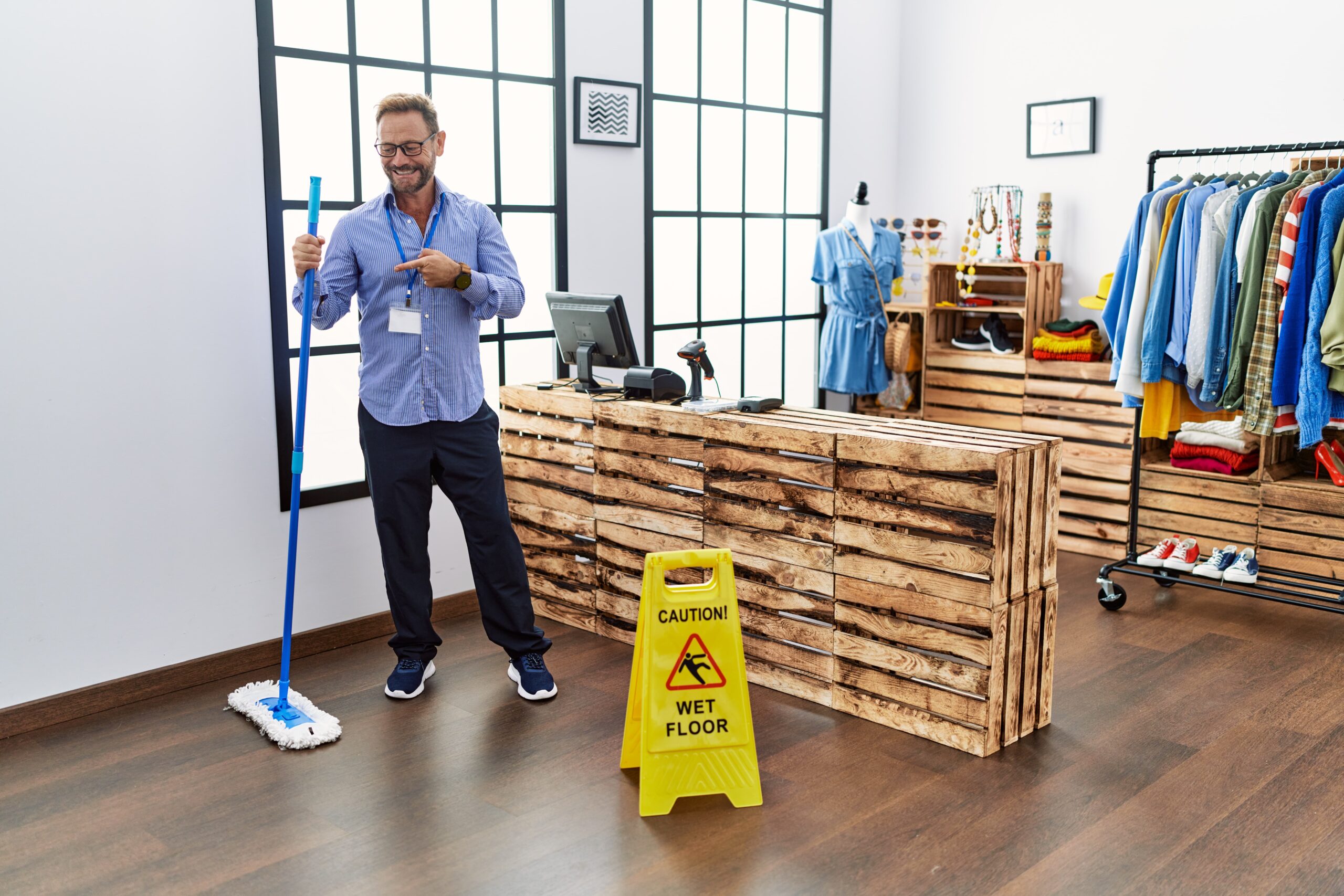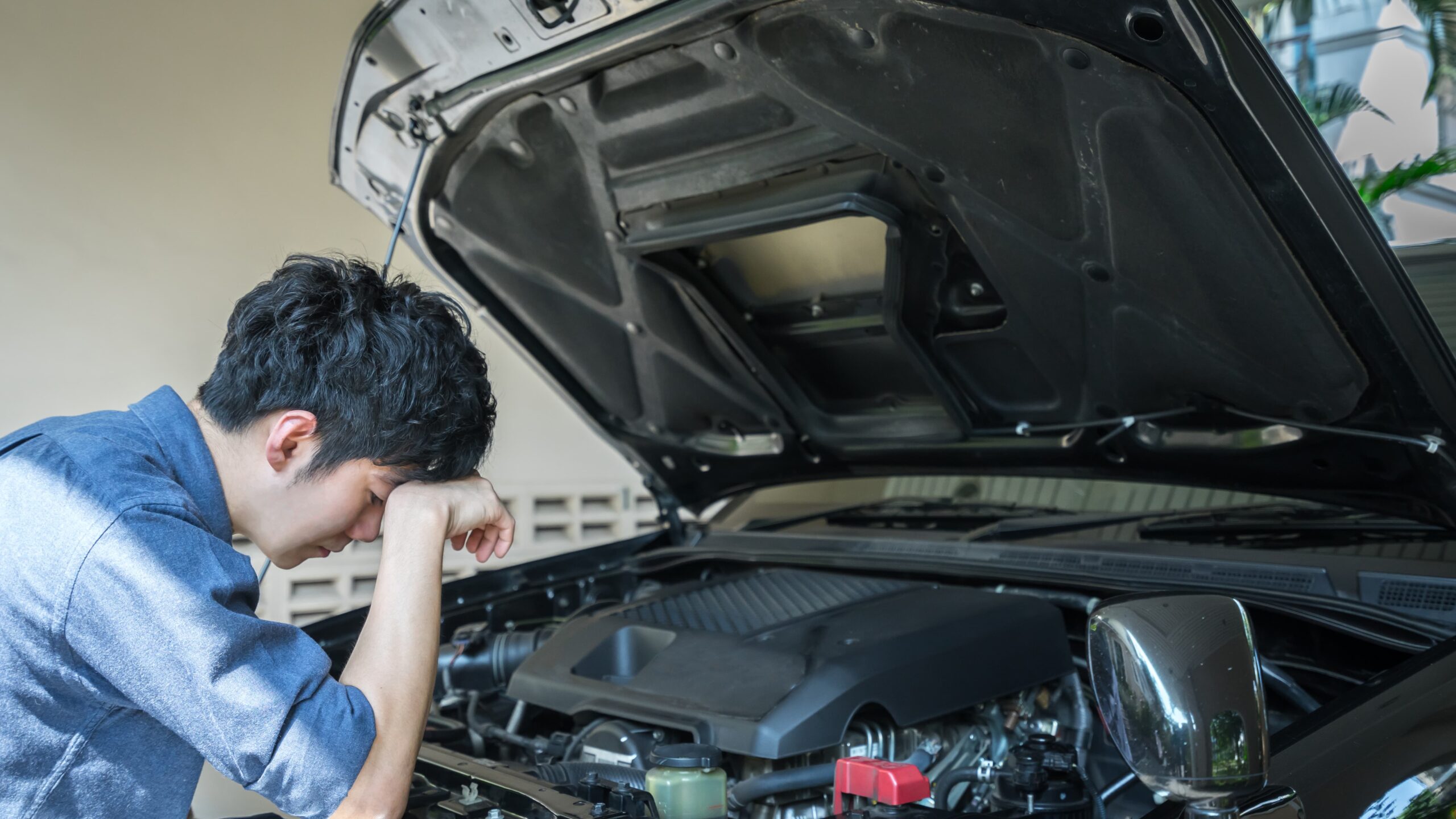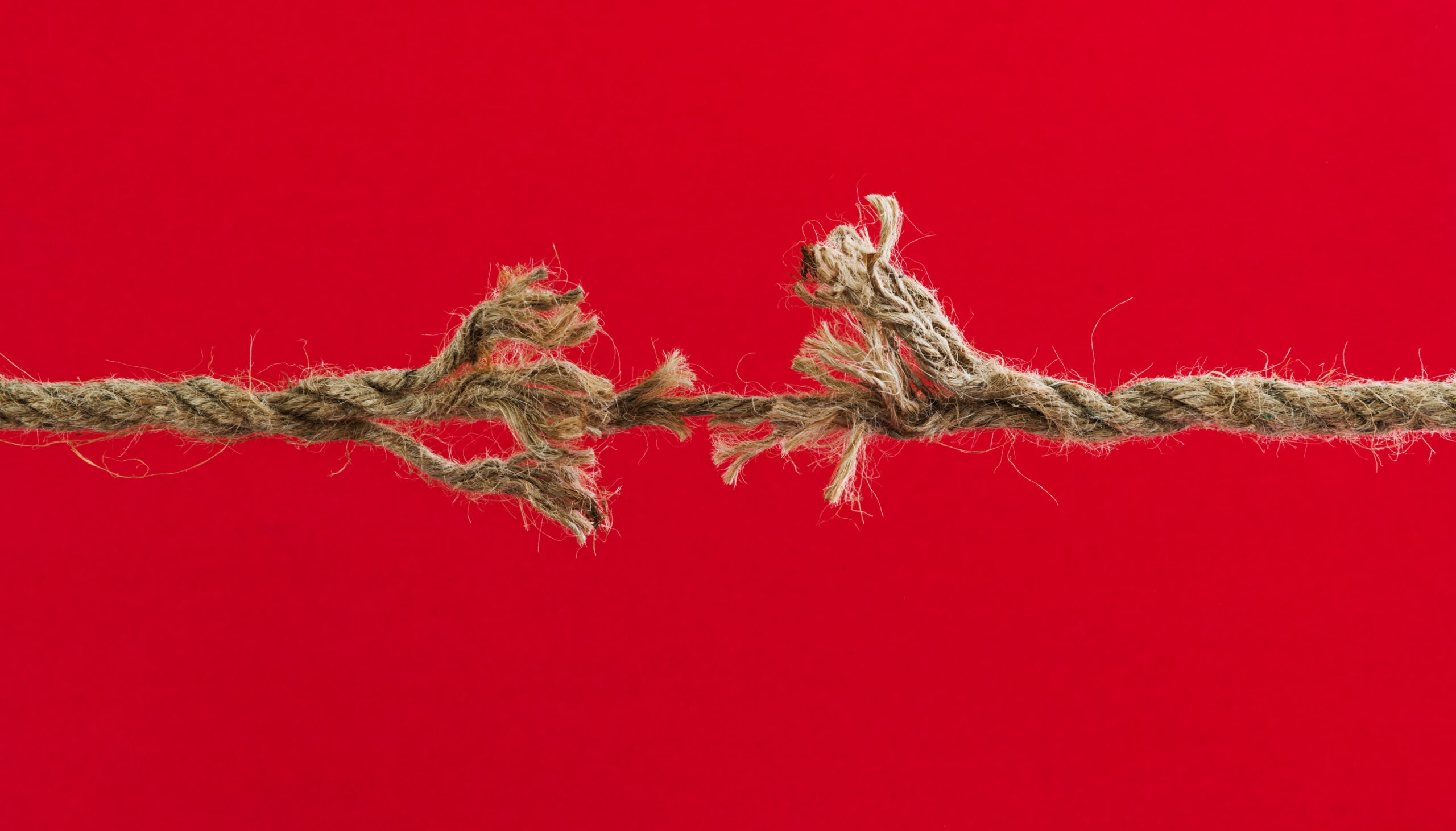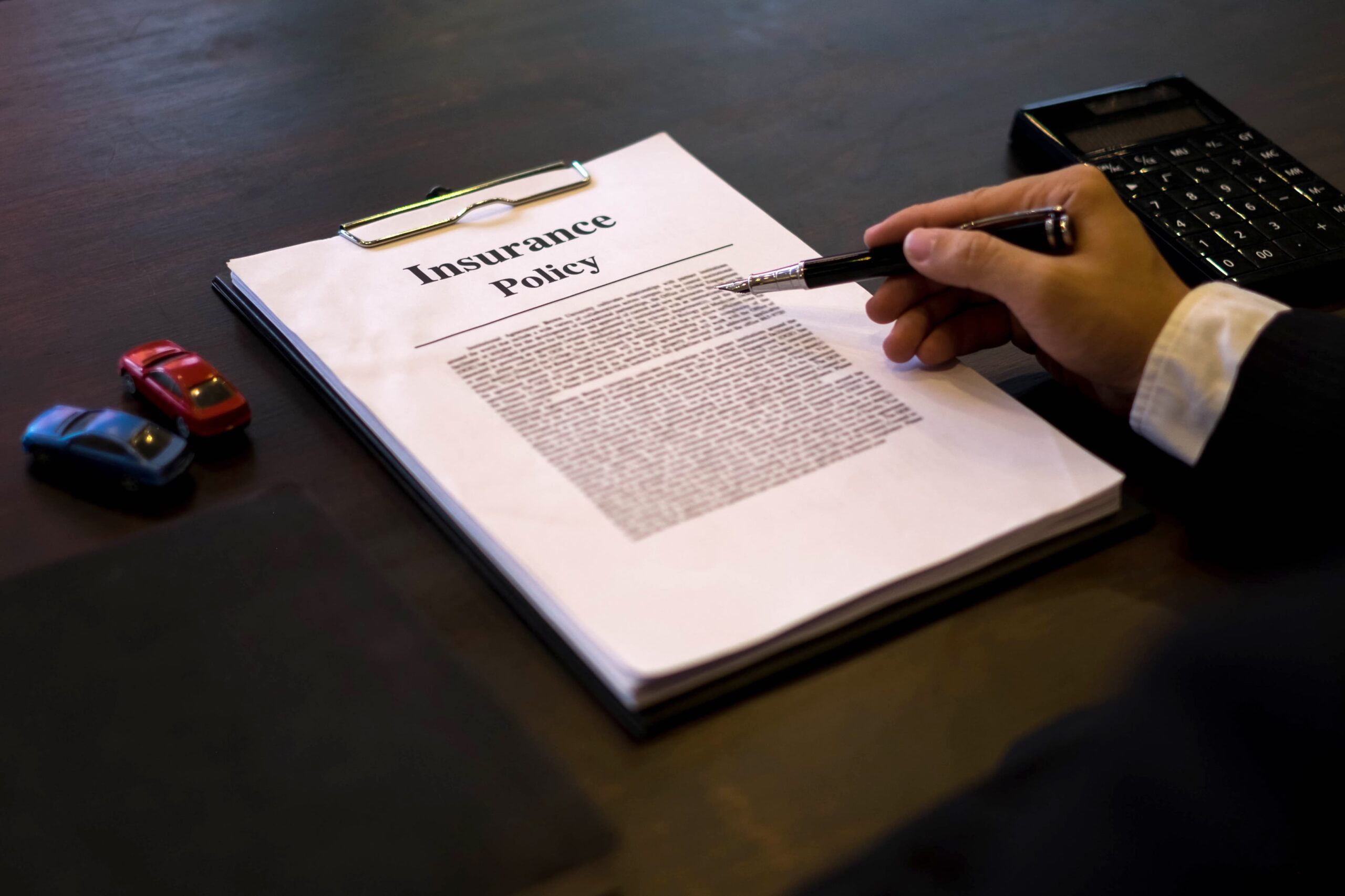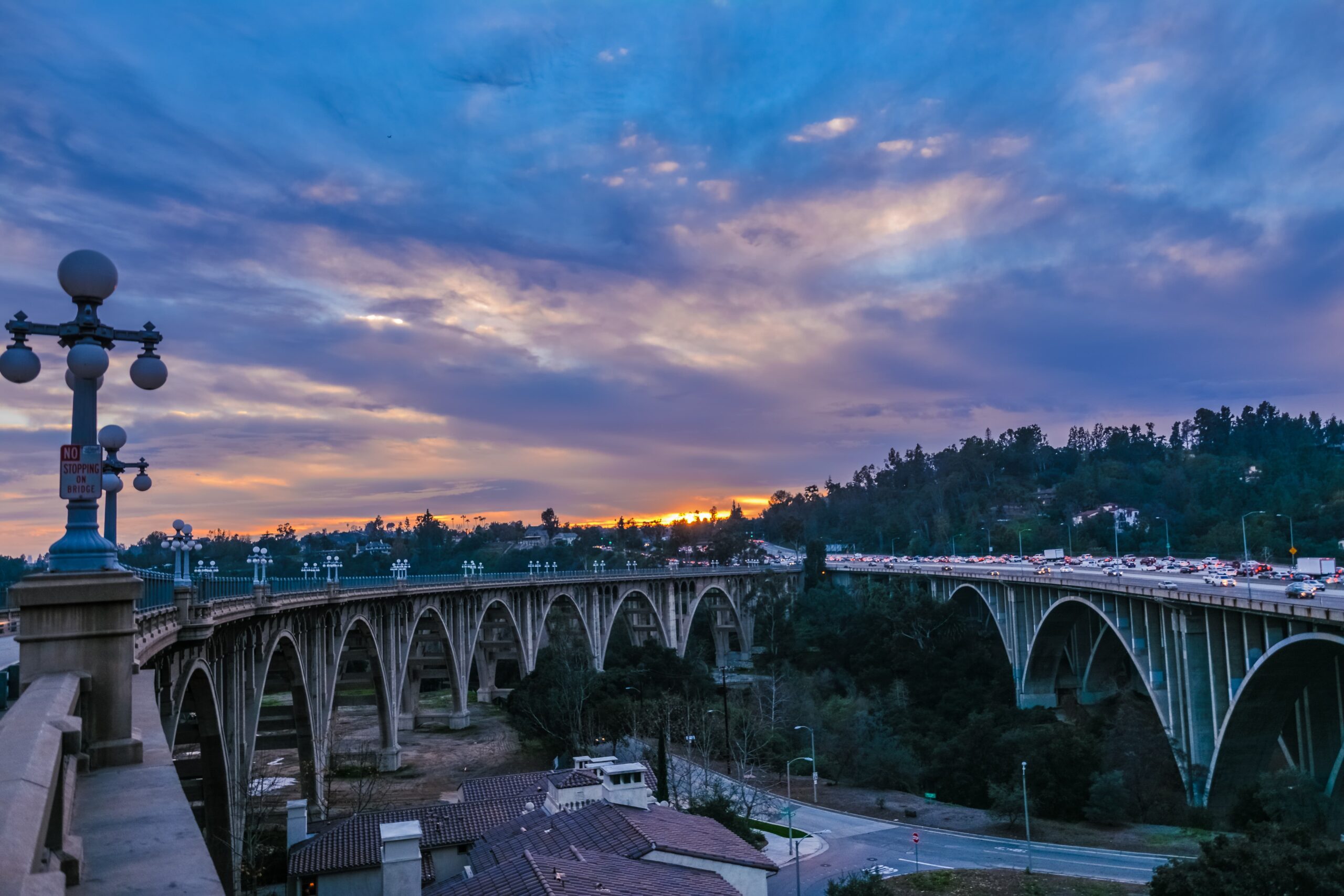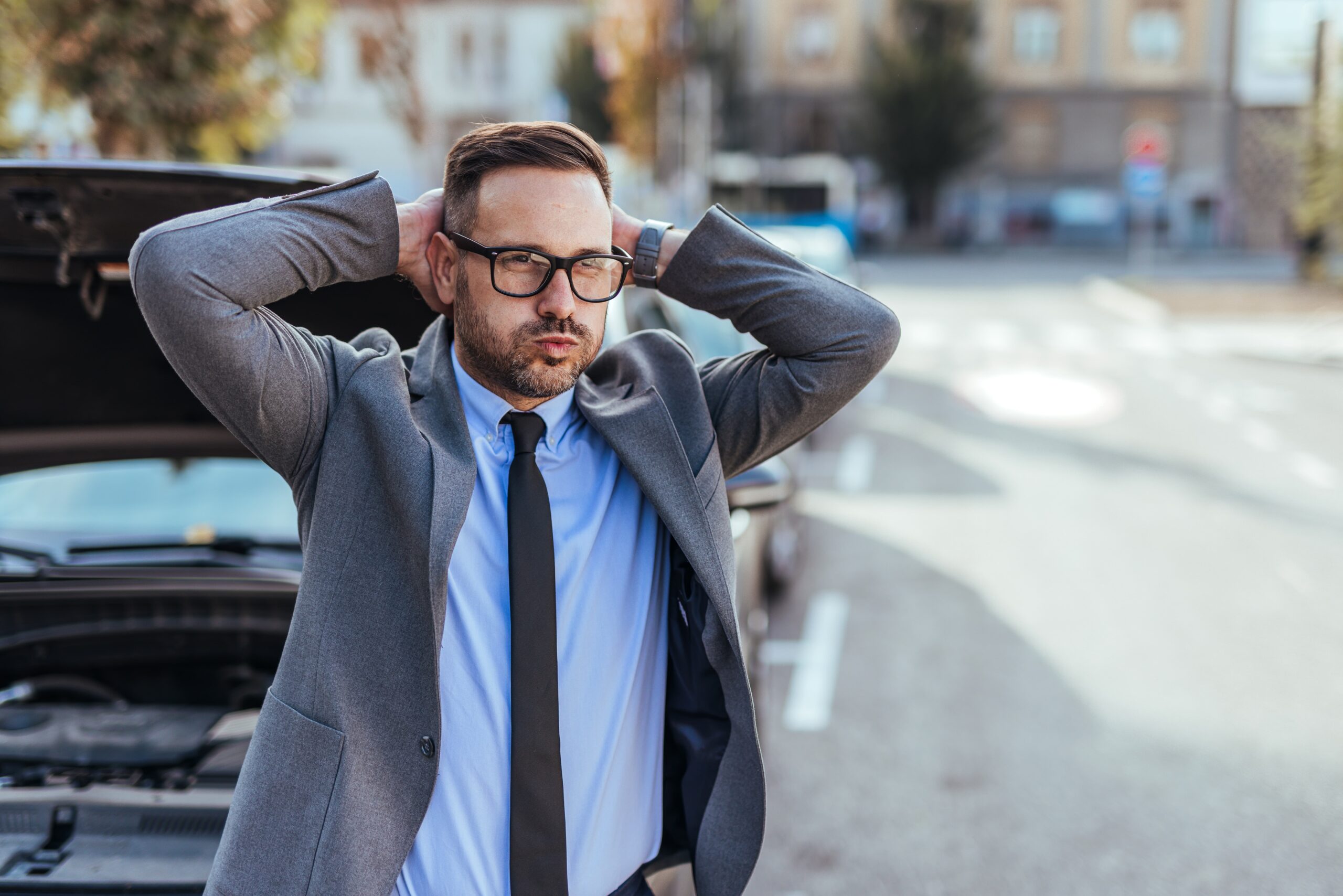🎧 Listen to the Audio Version
- Common Premise Liability Cases in Retail Stores
Retail stores feel routine and safe, but many injuries happen because ordinary hazards go unnoticed. This article explains the issues shoppers run into most often and why these accidents are usually preventable.
Slippery Floors
Most people walk into a retail store without giving a second thought to safety. You’re there to grab a few things, maybe browse a bit, then get on with your day. But the reality inside many stores is very different once you pay attention. Small hazards that blend into the background—things you wouldn’t normally question—can lead to painful accidents that catch people completely off guard.
Take slippery floors. A spill that didn’t get cleaned, a mop job that didn’t get a warning cone, or just a wave of customers tracking in rainwater can turn a normal aisle into a skating rink. Shoppers don’t look down at the floor with suspicion; they trust that the store has kept things under control. When that trust is broken, injuries happen fast and without much drama—one step, a loss of balance, and the day takes a very different turn.
Cluttered Walkways
Cluttered walkways cause a different kind of trouble. A box left for stocking, a display that sticks out farther than it should, a rug that curls at the corner—people trip over these things quietly every single day. It’s rarely dramatic, but the impact can be serious. Stores often assume customers will “watch where they’re going,” but customers reasonably assume that aisles will be clear and safe.
Falling Merchandise
Then there’s the issue of falling merchandise, something many shoppers don’t even imagine until they’re the one standing under a toppling item. Shelves are stacked high to save space, and sometimes they’re stacked too high or too carelessly. Employees are often rushed, and displays don’t always get the stability check they need. A heavy item slipping from above feels instantaneous—zero warning, just a sudden hit.
Shopping Cart Accidents
Shopping carts, believe it or not, create their own category of injuries. A wobbly wheel, a cart that jerks to one side, a child who manages to stand up inside it when no one’s expecting it—these things lead to accidents more often than anyone admits. Even carts pushed by employees can collide with someone who doesn’t see them coming.
Parking Lot Hazards
Outside the store is another story entirely. Parking lots often look harmless until you step into a pothole or misjudge the edge of a cracked pavement. Nighttime brings visibility problems; dim lighting can hide hazards or create security concerns. Many people assume the danger is indoors, but some of the worst injuries happen before a person even makes it inside.
Security Issues
Security problems don’t look the same as a trip or fall, but they still fall under a store’s responsibility in many situations. A dark corner of a lot, a broken camera inside the entrance, or a store in an area with known crime issues—it all matters. When customers aren’t reasonably protected and something goes wrong, the store may be held accountable.
Hidden Risks
There are also more hidden risks, like chemical smells from cleaning solutions used too heavily or mold that hasn’t been handled properly. These issues don’t cause an instant injury, but they’re capable of causing real harm all the same. Most shoppers would never guess that something in the air could be a problem.
What to Do After Being Injured
What ties all of these situations together is the idea that stores are expected to pay attention. Regular checks, clear warnings, consistent maintenance—none of it is complicated, and yet it’s often where things fall apart. When an accident happens because something simple wasn’t done, the law gives injured customers a path to seek compensation.
Anyone who gets hurt should report it right away, take pictures if they can, and get medical care even if they feel “mostly fine.” Injuries don’t always show up immediately, and stores can clean things up quickly, which makes evidence disappear. Speaking with an attorney who handles premises liability cases can help make sense of what happened and what steps come next.
People don’t walk into stores expecting danger, but hazards are more common than most realize. Understanding where accidents tend to come from can help someone recognize when an injury wasn’t just bad luck—it may have been preventable.
If you were injured and want to understand your options, you can speak with a lawyer at Pyramid Legal for guidance tailored to your situation.

